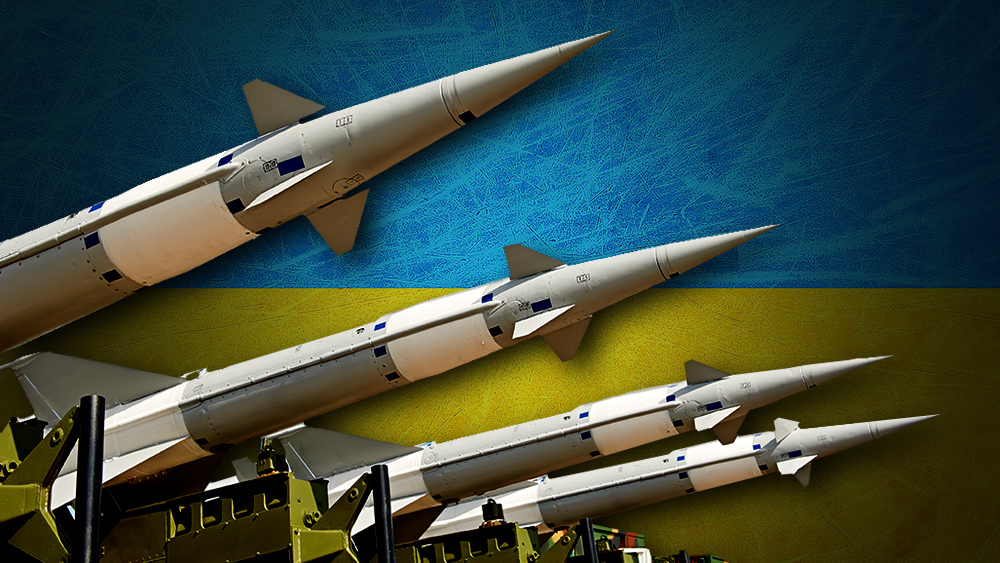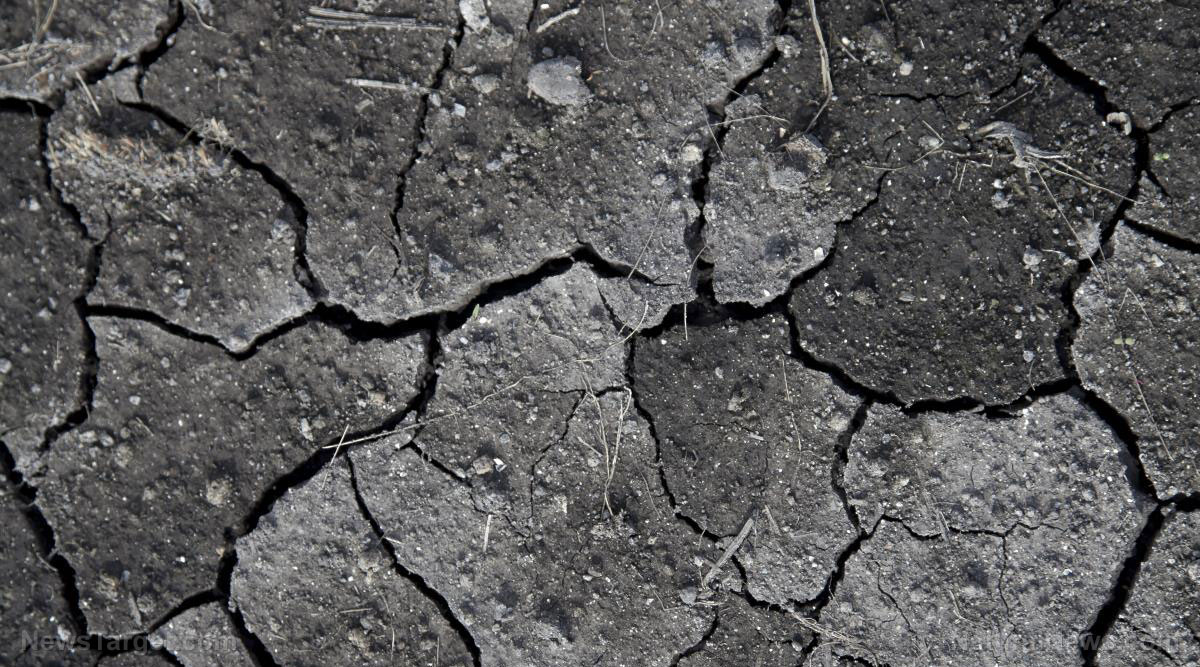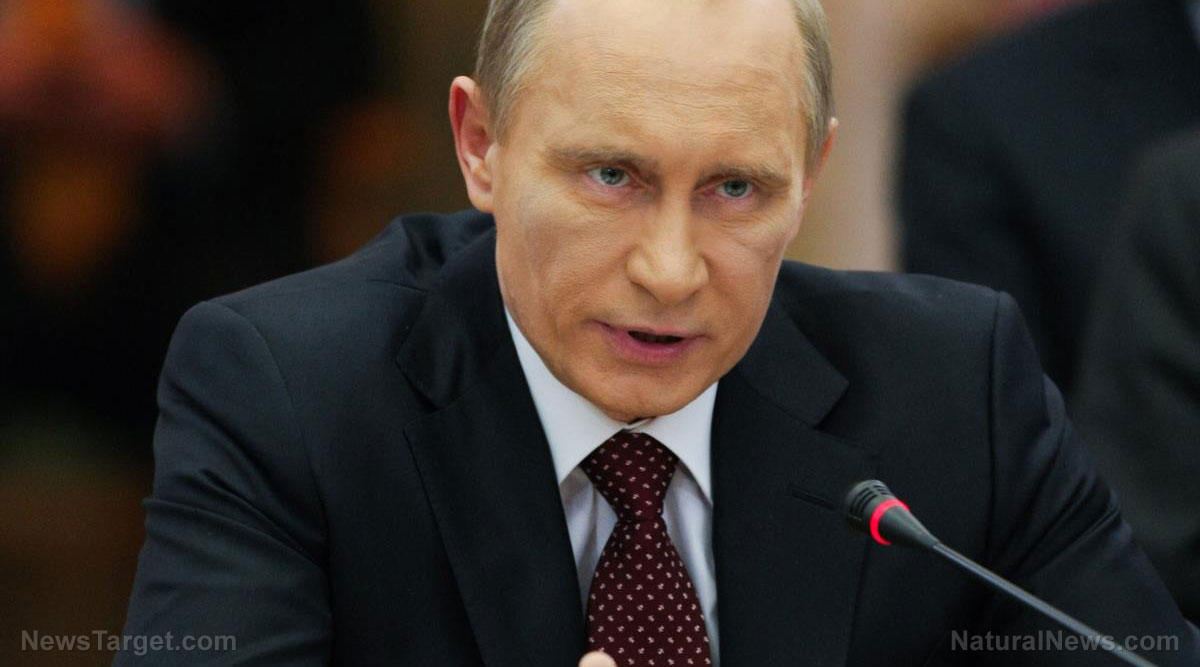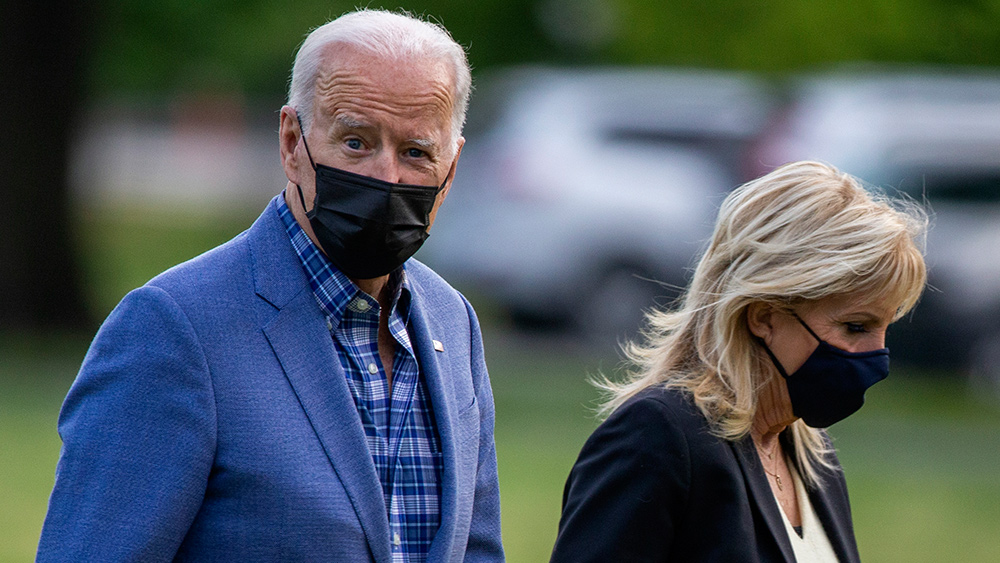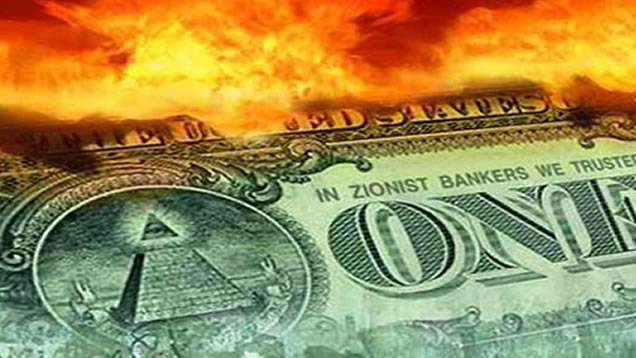Electricity prices in Europe hit record high as winter begins
12/25/2021 / By Matthew Davis
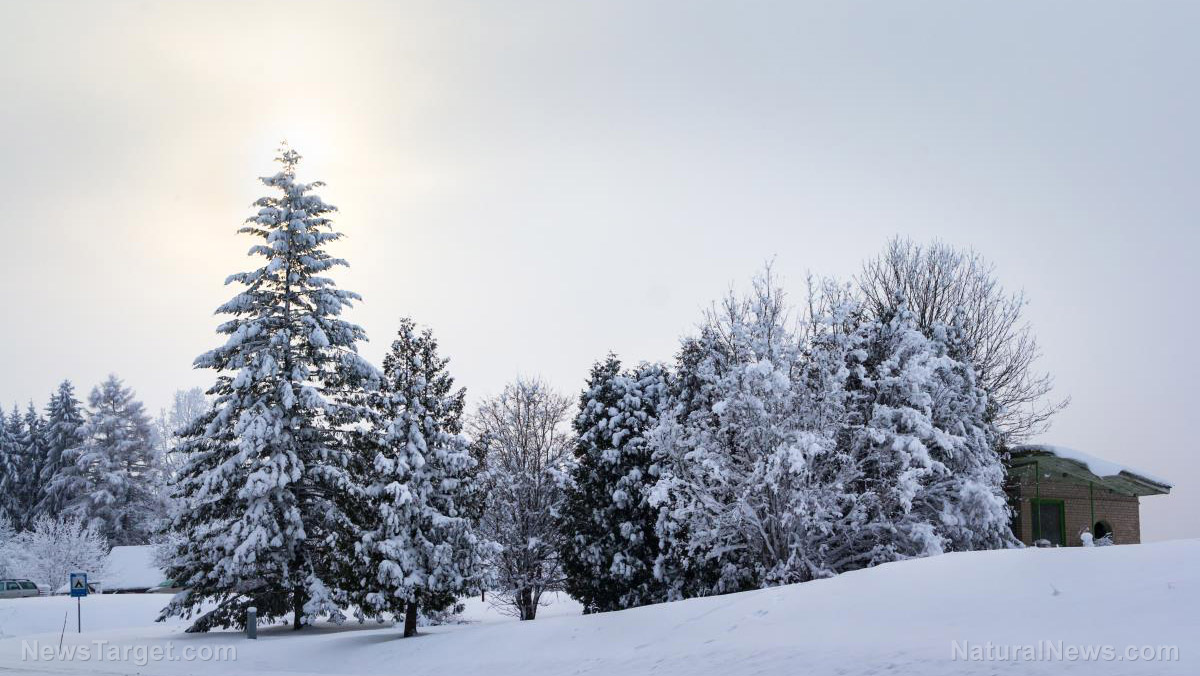
Electricity prices in Europe hit record levels on Monday, Dec. 20, as the Northern Hemisphere winter begins.
With the weather reaching zero degrees Celsius for most part of Europe, grids are being strained even as France suffered from nuclear power plant outages. Green sources are also proving to be unreliable. Bloomberg‘s chief energy correspondent Javier Blas noted that electricity prices across much of Europe set fresh and frightening record high.
German day-ahead electricity prices are at record-high 421 euros per megawatt-hour, according to Blas. With the high power of electricity, European economic powerhouse Germany may shutter operations and resell their power on spot markets.
Meanwhile, safety woes and a worker strikes led to reduced output of several nuclear plants in France. The situation strained the grid, sending power prices to decade highs.
With more nuclear power plant outages and unreliable green energy, electricity producers will use more gas to produce energy. Making the situation worse was the gas supply constraint that hit Germany after the Mallnow compressor station collapsed over the weekend. Storage tanks on the continent are only 60 percent filled, a record low for this time of year.
The European energy crisis is expected to last long due to market tightness. Colder weather will also continue, which will push up power prices and affect households and businesses. (Related: Brutal cold wave in Europe leads to record-high energy prices.)
Blas explained the surging power prices is happening because lots of nuclear reactors are down and demand is high because electricity is used for heating. ”So, its burning gas to bridge the gap,” Blas explained.
Benchmark natural gas prices were up more than 650 percent last week due to concerns of declining gas flows via the Yamal-Europe pipeline that runs across Belarus and Poland to Mallnow, Germany.
If the energy crisis worsens, it may risk sparking discontent among any Europeans. Observers say if politicians want to stay in power, they might need to subsidize the power bills of the people as energy inflation runs wild.
The latest geopolitical flare-up happened last week. Russia’s Nord Stream 2 pipeline won’t be cleared until July next year. On Sunday, Dec. 19, Germany said they could entirely block the Nord Stream 2 if a possible conflict between Russia and Ukraine erupts.
France shutters nuclear plants due to cracks
Electricite de France S.A. (EDF), a French electric utility company primarily owned by the state, shuttered two nuclear power plants after routine safety inspections found cracks at one power plant. This posed a problem because European daily power demand continues to soar due to colder-than-normal temperatures.
“We did preventive maintenance checks on the primary circuit of reactor number 1 of the Civaux Nuclear Power Plant,” EDF said in a statement. Inspectors found cracks due to corrosion on the pipes.
The French power giant said checks initiated on the same equipment of reactor number 2 of the Civaux Nuclear Power Plant revealed similar defects.
France’s Nuclear Safety Authority (ASN) was informed about the cracks detected close to the welds on the reactor’s pipes. EDF has also opted to close two reactors at another nuclear plant at Chooz in the northeastern Ardennes department for inspections. Both power plants use the same reactor technology.
The closing of Civaux’s reactors and Chooz’s reactors will reduce one terawatt-hour of output and couldn’t come at the worst time as cooler weather sent French power contracts to a record high earlier this week.
Watch the video below to learn more about the energy crisis.
This video is from the What is happening channel on Brighteon.com.
Sources include:
Submit a correction >>
Tagged Under:
chaos, cold weather, Collapse, cracks, demand, discontent, economic powerhouse, energy inflation, fossil fuels, geopolitical, green energy, maintenance, nuclear power plants, pipeline, power grid, price caps, utilities, winter
This article may contain statements that reflect the opinion of the author
RECENT NEWS & ARTICLES
COPYRIGHT © 2017 CHAOS NEWS


